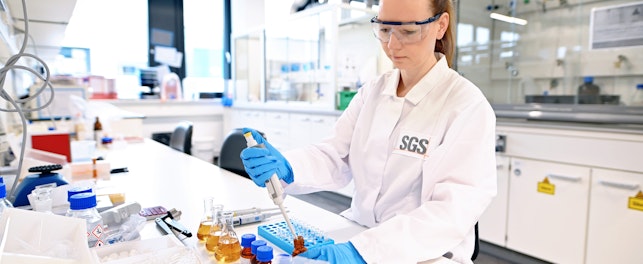The Importance of Food Safety Auditing
To begin to understand the importance of food safety auditing, it is essential to know what a food safety standard comprises in terms of auditing.
Food safety standards are a set of rules and regulations established by regulatory agencies, such as FDA (21CFR117), international organizations, i.e., World Health Organization (WHO) or Global Food Safety Initiative (GFSI), and industry bodies, such as SQF, to ensure the safety and quality of the food supply chain.
These standards aim to reduce the risk of contamination, reduce the chances of foodborne illnesses, and protect the workers and customers who consume or use the product.
Food Safety standards contain requirements for food production, from sourcing ingredients and materials to production processes to packing and distribution. Food safety standards add transparency, traceability, and accountability to your organization’s operations.
So why are food safety audits necessary?
Food safety audits are organized activities that aim to evaluate the extent of a food business's food safety management system in the pursuit of protecting public health.
Public health can be at stake, and audits on food safety practices aim to evaluate how a food business management system can effectively protect against contaminated food getting released into the marketplace.
Food safety audits focus on critical areas of food manufacturing operations, such as the food safety management system, food storage, food preparation, sanitation, facility design, and employee hygiene.
How does the audit help?
Well, auditors examine a combination of intended practices and methods with the actual facility and design to gather how effective are the food safety management protocols, how the product is stored, how employees handle food preparation—as well as machinery and building safety, including facility design, sanitation, and employee’ personal hygiene practices.
Food safety audits come in three basic designs: first-party (internal), second-party (audit of your supplier), or third-party or accredited third-party (independent or certification). The type of audit chosen can be based on your needs and the auditing firm.
Audits provide a real-time assessment of the status of the operation and quality management system. More than looking at safety records and historical statistics, food safety audits look at problems that may be fermenting now – they can be proactive rather than reactive—reviewing areas where implementation of preventative strategies and reporting findings can bring value with improved efficiency and avoidance of future problems.
Food safety audits are also an excellent time to foster organizational communication.
Engaging with employees in interviews provides many points of view and is an opportunity to promote a sense of ownership and buy-in within the organization – this can go a long way in developing a strong food safety culture.
The unintentional contamination of food is one of the most significant risks associated with not complying with food safety regulations. If the source of contamination can be traced to the company, the organization may face hefty fines and consequences.
On top of that, with noncompliance with food safety standards, an organization risks sowing distrust from internal employees through to their customers. When companies don’t follow safety standards, customers will be hesitant to buy and consume their products, negatively impacting sales and overall company performance.
Two ways food businesses can start today:
- Work directly with SGS to use training to understand food safety better.
- Schedule a Food Safety Audit to help keep the company consistently compliant.
By Jennifer Lott, Technical Development Director at SGS North America, Inc.
400 Broadacres Drive,
Suite 200, 2nd Floor,
Bloomfield, New Jersey, 07003,
United States



